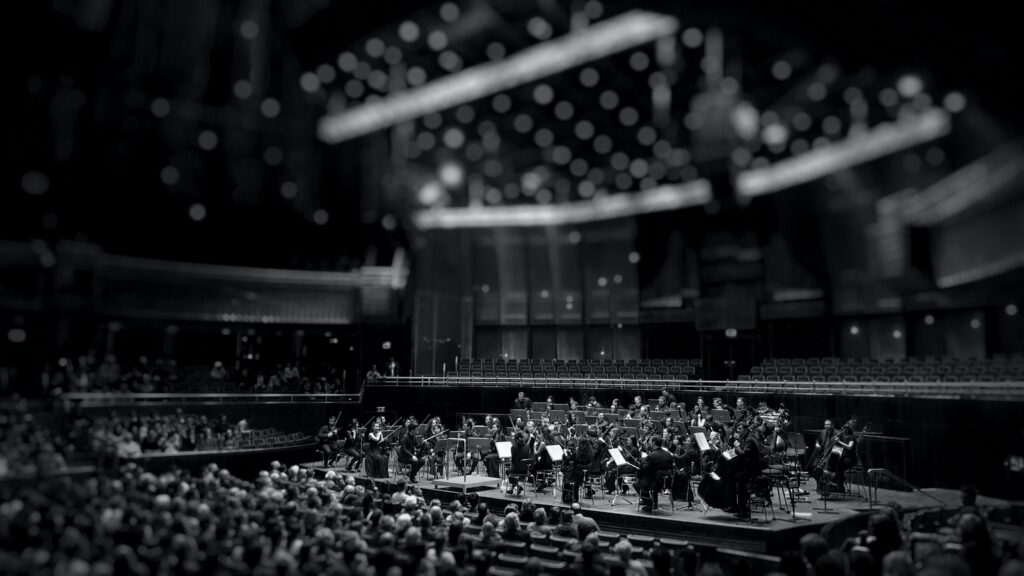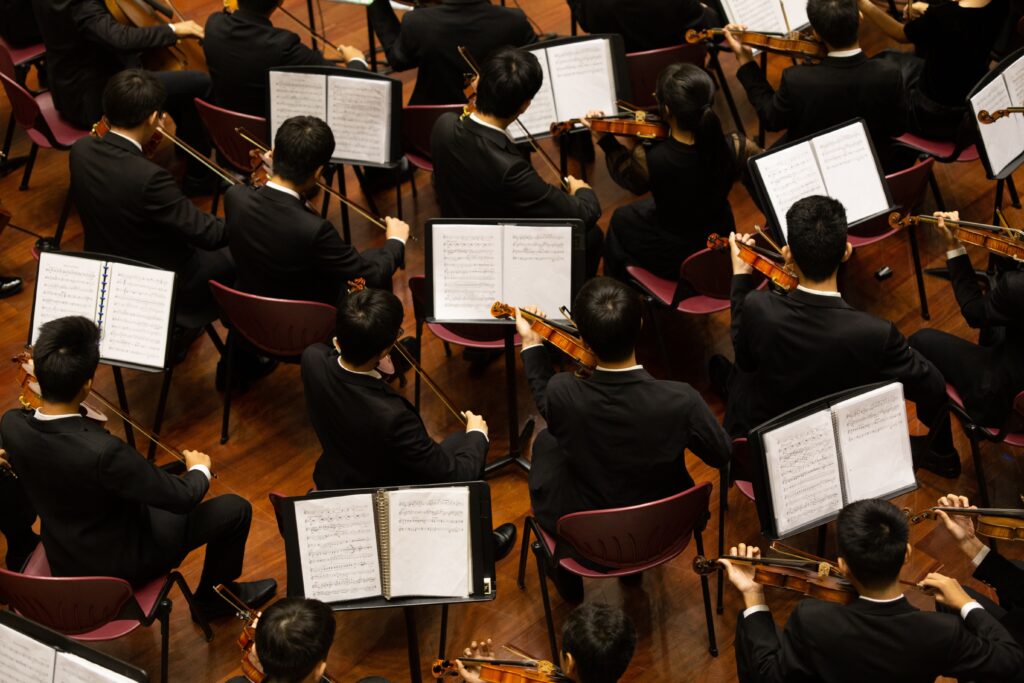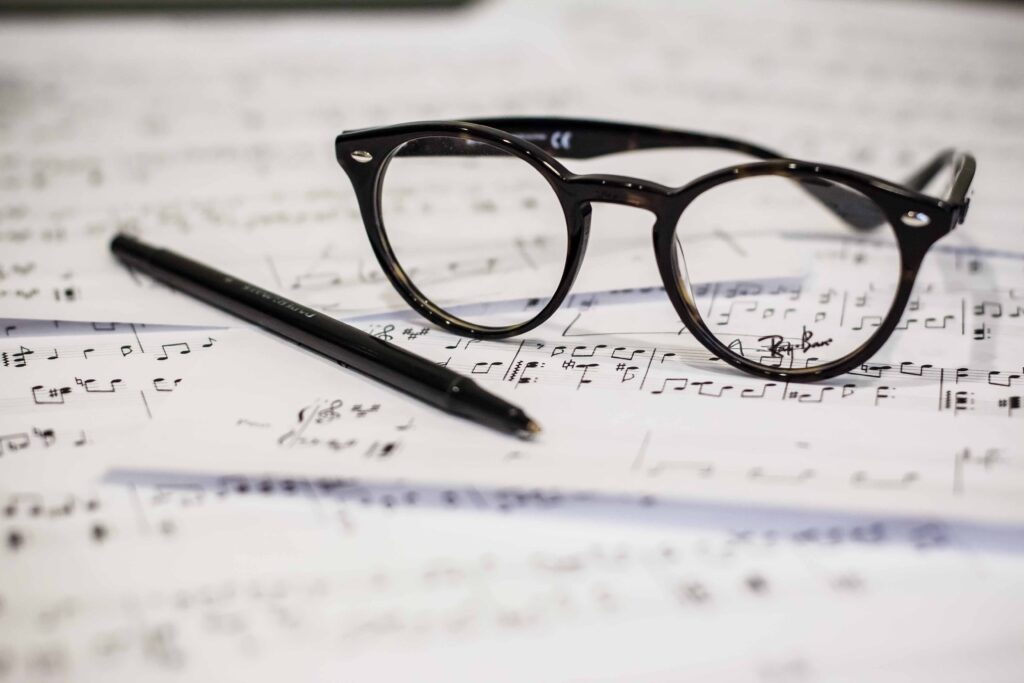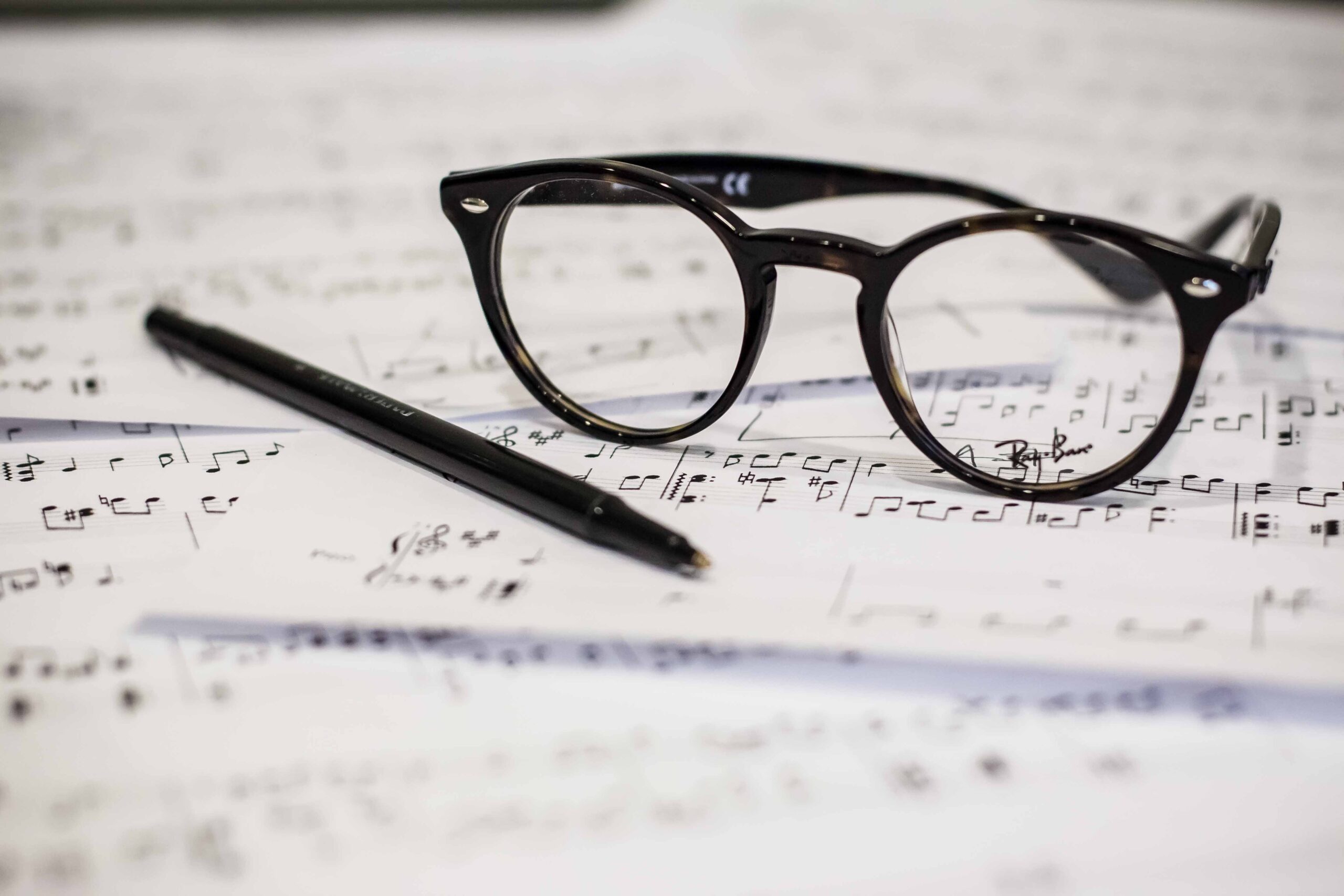The Emerson String Quartet, a renowned ensemble in classical music, will be bidding farewell to their fans with a series of final concerts this weekend. After a thoughtful discussion about the future and a desire to quit while they were still at their peak, the quartet made the difficult decision to disband. Known for their rich vitality, easy power, and wide-ranging repertoire, the Emerson String Quartet has been a reference for string quartets in the U.S. since its formation in 1976 by Eugene Drucker and Philip Setzer, who were students at Juilliard at the time. With Eugene Drucker, Paul Watkins, Lawrence Dutton, and Philip Setzer as its members, the quartet recorded prolifically and toured tirelessly over the years. The final concerts will feature performances of Beethoven’s Opus 130 and Schubert’s Cello Quintet, with former member David Finckel rejoining them. Despite the conclusion of their quartet journey, the members will continue to pursue solo performing, teaching, and arts administration duties. Their recent release, “Infinite Voyage,” showcasing works by Schoenberg, Hindemith, Berg, and Chausson, marks their final recording as a quartet.

Overview
The Emerson String Quartet, a renowned ensemble in classical music, will be performing their final concerts this weekend. After much deliberation and discussion about their future, the members have made the decision to end the quartet while they are still at their best. With their rich vitality, easy power, and extensive repertoire, the Emerson String Quartet has become a beloved staple in the world of chamber music.
Background and History
The Emerson String Quartet was formed in 1976 by Eugene Drucker and Philip Setzer, who were students at Juilliard at the time. From the very beginning, their commitment to excellence and their passion for chamber music set them apart. Over the years, the quartet recorded prolifically and toured tirelessly, becoming one of the most respected and sought-after string quartets in the United States.
The quartet consists of Eugene Drucker and Philip Setzer on violin, Lawrence Dutton on viola, and Paul Watkins on cello. Each member contributes their unique musicality and expertise to create a harmonious and powerful sound.

The Farewell Concerts
The quartet’s final concerts will be an emotional and poignant experience for both the musicians and the audience. The program for these concerts has been carefully curated to showcase the quartet’s musical abilities and to leave a lasting impact. The centerpiece of the program is Beethoven’s Opus 130, a composition of immense significance and complexity.
To make the final concerts even more special, former member David Finckel will be joining the quartet for a guest appearance. Finckel, who was a cellist with the Emerson String Quartet for over thirty years, brings his own unique artistic perspective to the performances.
The farewell concerts hold great emotional significance for the quartet as they reflect on their journey together and the countless moments of musical transcendence they have experienced. It is a time for both celebration and gratitude for the support of their fans and the opportunity to share their love of chamber music with audiences around the world.
Beethoven’s Opus 130
Beethoven’s Opus 130, one of the most important works in the quartet repertoire, holds a special place in the quartet’s final concerts. This composition, written during a time of great personal turmoil for Beethoven, represents the pinnacle of his creative genius. Opus 130 is known for its technical challenges and emotional depth, requiring immense skill and musicality from the performers.
A brief overview of the composition reveals Beethoven’s deep exploration of different musical themes and structures. From the hauntingly beautiful opening movement to the intricate double fugue in the finale, Opus 130 showcases Beethoven’s masterful command of form and expression.
The Emerson String Quartet’s interpretation of Opus 130 has long been celebrated for its meticulous attention to detail and emotional depth. With their final performances of this iconic work, the quartet will leave a lasting imprint on the audience and the chamber music world as a whole.

Schubert’s Cello Quintet
Alongside Beethoven’s Opus 130, the Emerson String Quartet will also be performing Schubert’s Cello Quintet, another significant piece in the chamber music canon. The inclusion of this composition highlights the importance of collaboration and the quartet’s connection to former member David Finckel.
Schubert’s Cello Quintet is a sprawling, emotionally charged work that showcases the lush and expressive qualities of the cello. The quartet, with the addition of Finckel as the second cellist, will bring a heightened level of depth and resonance to the performance.
The collaboration with David Finckel, who was a member of the Emerson String Quartet for so many years, adds an extra layer of meaning to the concerts. It is a testament to the strong bonds and enduring friendships formed within the quartet, even as they embark on new paths individually.
Post-Quartet Plans
While the Emerson String Quartet may be coming to an end, the members have no plans to retire from the music world. Each member will continue to pursue their individual passions and contribute their expertise to the broader musical community.
Many of the quartet members will focus on solo performing and teaching. Their extensive experience as members of the Emerson String Quartet has honed their individual skills and artistry, making them sought-after performers and educators in their own right.
Additionally, some members will also be involved in arts administration, taking on roles that allow them to contribute to the growth and development of the classical music industry. Their deep understanding of the intricacies of chamber music and their commitment to excellence will undoubtedly shape their contributions to the administrative side of the arts.
Overall, the Emerson String Quartet’s presence will continue to be felt in the music world, even as they move on to new endeavors. Their commitment to musical excellence and their dedication to the art form will undoubtedly leave a lasting impact.
Legacy of the Emerson String Quartet
The Emerson String Quartet’s influence on the world of string quartets cannot be overstated. Over the years, their performances and recordings have set a high standard for technical precision and musical expression. Countless young musicians have looked to the quartet as a source of inspiration and guidance, shaping the future generations of chamber music performers.
Their contribution to classical music recordings is equally paramount. The Emerson String Quartet’s discography is extensive, encompassing a wide range of composers and musical styles. Their dedication to recording both well-known masterpieces and lesser-known works has enriched the classical music repertoire and made it accessible to a wider audience.
The legacy of the Emerson String Quartet will live on through the musicians they have inspired, the recordings they have left behind, and the impact they have made on the chamber music community as a whole.
Recent Recording: ‘Infinite Voyage’
Prior to their farewell concerts, the Emerson String Quartet released their final recording, titled “Infinite Voyage.” This album features a selection of works by Schoenberg, Hindemith, Berg, and Chausson, showcasing the quartet’s range and versatility.
The album opens with Schoenberg’s String Quartet No. 3, a groundbreaking composition that pushed the boundaries of tonality and expression. The quartet’s interpretation captures the intense emotional journey of the music, displaying their deep understanding of Schoenberg’s innovative style.
Next, the quartet delves into Hindemith’s String Quartet No. 4, a work known for its dynamic interplay between the instruments and its rhythmic intricacies. The quartet’s technical prowess shines through in their vibrant and energetic performance of this challenging piece.
Berg’s Lyric Suite, a deeply personal and emotionally charged work, follows. The quartet’s sensitive interpretation captures the complex emotional landscape of the composition, immersing the listener in its evocative beauty.
The album concludes with Chausson’s Concerto for Violin, Piano, and String Quartet, a lush and lyrical piece that highlights the quartet’s ability to blend seamlessly with other instruments. Joined by renowned violinist Joshua Bell and pianist Menahem Pressler, the quartet delivers a stunning performance that showcases their collaborative spirit and musical cohesion.
“Infinite Voyage” has been met with critical acclaim, with reviewers praising the quartet’s technical precision, emotional depth, and musicality. It serves as a fitting tribute to the quartet’s remarkable career and their unwavering dedication to excellence.
Emotional Farewell
As the Emerson String Quartet approaches their final performances, they cannot help but reflect on the incredible journey they have embarked on together. From the early years of formation to the countless concerts and recordings, their shared experiences have shaped them both as musicians and as individuals.
The quartet expresses their deep gratitude towards their supporters and audience, whose unwavering enthusiasm and love for chamber music have been a driving force behind their success. The joy of sharing the beauty and power of music with audiences around the world has been a constant source of inspiration for the quartet, and they are humbled and grateful for the opportunity.
The farewell concerts mark the end of a chapter in the quartet’s lives, but also the beginning of new adventures. While there may be a tinge of sadness in saying goodbye, the quartet members are excited for what the future holds and the new paths they will explore individually.
The End of an Era
The end of the Emerson String Quartet marks the closing of a remarkable era in the world of chamber music. Their exquisite performances, meticulous attention to detail, and unwavering dedication to the art form have left an indelible mark on the classical music landscape.
As the quartet members bid farewell to their life as an ensemble, they look back on their career with a sense of accomplishment and fulfillment. The numerous accolades, the profound impact on younger generations, and the countless moments of musical brilliance have made their journey an extraordinary one.
Looking forward, the quartet members express their anticipation for the next chapter in their musical lives. They are excited to explore new artistic endeavors, cultivate new collaborations, and continue to share their love and knowledge of chamber music with audiences and students.
The end of the Emerson String Quartet is undoubtedly a bittersweet moment, but it is also a celebration of their remarkable career and their enduring contribution to the world of classical music. Their legacy will continue to inspire and resonate, ensuring that their music lives on for generations to come.

